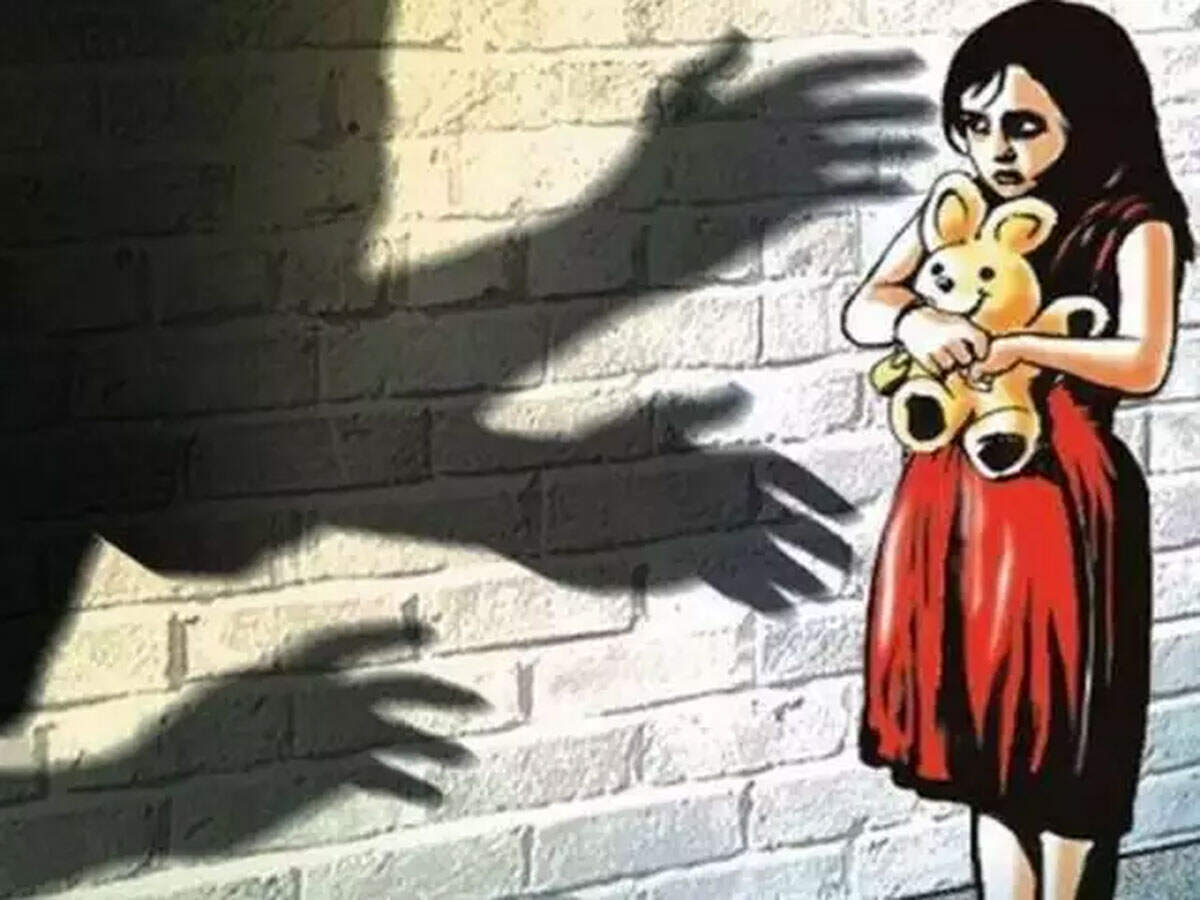
A dedicated mechanism to deal with online sexual crimes on children and changes in the definition of ‘child pornography’ under the Protection of Children from Sexual Offences (POCSO) Act are some of the recommendations that a panel of MPs looking into the impact of child pornography is likely to have suggested.
The panel may want the POSCO Act to consider as an offence the act of “advocating or counselling sexual activity” to a minor, and may want an international cyber crime reporting portal to facilitate the reporting of sexual crimes against children from all over the world. The panel, headed by Congress leader Jairam Ramesh, is learnt to have submitted its report to RS chairman Venkaiah Naidu on Monday.
The committee was set up by Naidu last month after the Parliament was informed in the winter session that 377 websites hosting child pornography had been taken down and 50 police cases have been filed involving online sexual exploitation of children.
“While children are often victims of sexual abuse… they are also exposed to content on sexual violence and pornography that is understood to affect their wellbeing. We have come up with suggestions that can address these pressing issues, either by expanding our existing legislative framework or identifying gaps in our policies,” a member said.
A member said the committee, apart from suggesting legislative, institutional and technological measures, has also come up with suggestions on how state-level implementation can be strengthened by appointing ‘safety commissioners’ in every state, who could monitor the reporting of sexual exploitation of children on social media.
There are around ten legislative recommendations the committee has seriously considered and is likely to have put forward. The members feel the role of the National Commission for Protection of Child Rights should be expanded to put in place the mechanism, a member said.
According to the new definition amended in POCSO last year, child pornography is “any visual depiction of sexually explicit conduct involving a child which includes photograph, video, digital or computer generated image indistinguishable from an actual child and an image created, adapted or modified but appears to depict a child”.
“We need the definition to be broadened to include sexually-explicit content in ‘written’ and ‘audio’ formats too. Even if the material is advocating or counselling sexual activity to a person under 18, that should also be an offence. It is already an offence in many countries,” a member said.
The committee met Facebook, TikTok, Google, and other government representatives over the past month. Committee members said they had conversations with experts including Amol Deshmukh of HERD Foundation, an NGO that works on education, health and youth welfare, and representatives, who had also presented a paper to the panel, suggesting recommendations.
Members of the panel also met representatives from the NGO, Centre for Child Rights.
The committee has talked about ways to safeguard children against “cyber grooming”, and protection of individuals who report child sexual abuse material. Cyber grooming is the practice where someone builds an emotional bond with children through social media or chat rooms to gain their trust to sexually exploit them.
The panel is likely to suggest a code of conduct for social media platforms, and empower dark web investigators with AI tools. “Whenever there are reports of child pornography, there should be ways that encryption can be broken. These are issues that would require more talks. Also, the portal is important under the act so that there is reporting by intermediaries, not foreign authorities,” a member said.
Experts said consultations are going on to introduce amendments in the rules governing the POCSO Act.
How can parents get to know if their children have been added to WhatsApp groups containing illegal content such as pornography, how can social media platforms prevent their misuse in spreading pornographic content were also among the issues discussed.
According to Supreme Court advocate on record Rahul Narayan, there is a lacunae in the law, “considering the experience in the UK where there was an organised ring of predators grooming young girls into sexual abuse…Use of children in child porn as well as grooming children for child porn should ideally carry the same punishment.”
In July last year, the Modi government had strengthened the POCSO Act by including death penalty for sexual assault on children, after which the WCD ministry revised the penalty for possessing and distributing child pornography.
Leave a Reply